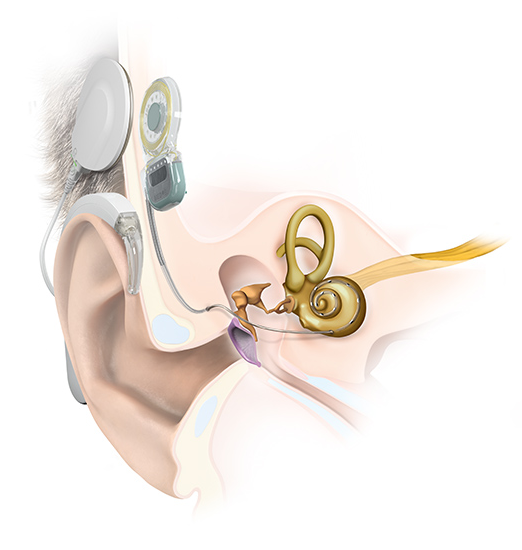Hearing Africa
Transforming lives through sound solutions
The pitter-patter of raindrops. A friend’s laughter. A mother’s loving voice. The world is filled with so many wonderful sounds.
Sadly, not every child is able to hear these sounds. Every day, countless children are missing out on the sounds of life. Are you worried that your child might be unable to hear?
About Hearing Loss
Hearing loss is a surprisingly common issue for children across Africa. Hearing loss can have many different causes. This includes meningitis, ear infections, and other illnesses.
Nearly 8 million children in Africa have disabling hearing loss
More than 200,000 children are born with hearing loss every year in Africa
2 in 100 children living in Africa have a serious hearing loss
Signs of Hearing Loss
It can be hard to recognize signs of hearing loss. If you are worried that your child has hearing loss, it’s important to get a professional hearing test as soon as possible. A hearing test can show what hearing solution is right for your child.

Infants who can hear should
- React to sounds
- Recognize familiar voices
- Start to make their own sounds

Children (2+ years) who can hear should
- Follow simple instructions
- Learn to use words
- Understand spoken language

Bringing Sound to Life
We believe everyone should be able to enjoy a life filled with sound. If your child has serious hearing loss, don’t lose hope. There are very effective treatment options, even for children who are completely unable to hear. Around the world, hundreds of thousands of children are hearing thanks to a cochlear implant. Children with cochlear implants can hear and talk and do well in school. They can play sports, enjoy music, and hear the sounds of life.
Solutions for Hearing Loss
A cochlear implant is an advanced medical technology. It’s different than a hearing aid, so it can treat even the most serious hearing loss. A cochlear implant connects directly to your child’s natural hearing system from the inside. This allows it to work around the parts of the ear that don’t work naturally.
 1
2
1
2
A cochlear implant has two parts:
- A small audio processor with a microphone that is worn behind your child’s ear.
- An implant that is placed under the skin and connected to the inner ear.
The audio processor detects sounds and sends signals to the implant. The implant uses special technology to create sounds in a way that your child can hear.
See How Cochlear Implants Work
Read More on Cochlear Implants for Your Child
User Stories
From hearing their parents to playing with friends, see how hearing implants have changed the lives of these children and their families.

MED-EL: Helping People Hear Across Africa
Hearing Africa is a project from MED-EL, a global leader in hearing implants and hearing loss solutions. Our mission is to overcome hearing loss as a barrier to communication and quality of life. We’re dedicated to providing our recipients with a lifetime of hearing in countries across Africa. Use our clinic finder to find a distributor near you.
Please note that we are not a charity or NGO, and cannot offer private funding for our hearing loss solutions.
The Next Steps
We understand that hearing loss can be very difficult for the whole family. We’re here to support you on this journey.
What are the steps to treating hearing loss?
- First, you need to visit a hearing specialist for professional hearing testing. Here you can find out what solution is right for your child’s hearing. We can help you find a specialist near you—just fill in the simple contact form below.
- If a cochlear implant is the right solution for your child, the next step is implantation. This is a safe and routine surgery. Your doctor may have your child stay at the hospital for a day or two.
- About four weeks after implantation, the implant can be activated. Your hearing specialist will program the implant for your child and show you how to use everything. This is the first time your child will be hearing with their new ears.
- After activation, your child will need to learn to understand all the new sounds. Daily listening exercises are very important. This can be done together with a hearing professional or at home.
Find a Hearing Specialist
With hearing loss, early treatment is important for success. If you think your child might have hearing loss, you should get a professional hearing test as soon as possible.
Fill in this simple form and our team will help you find a Hearing specialist in your area.



